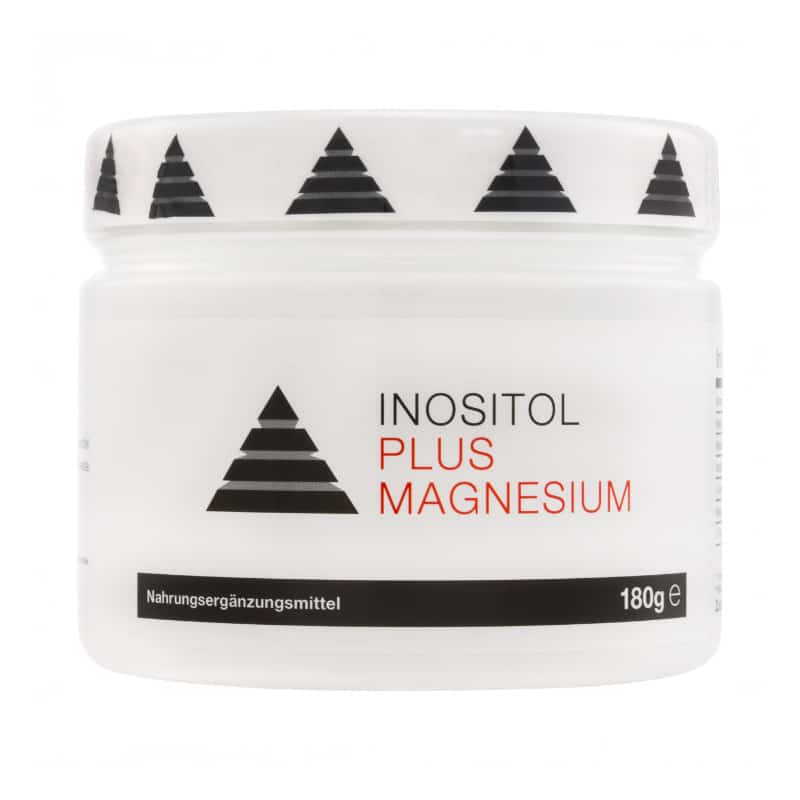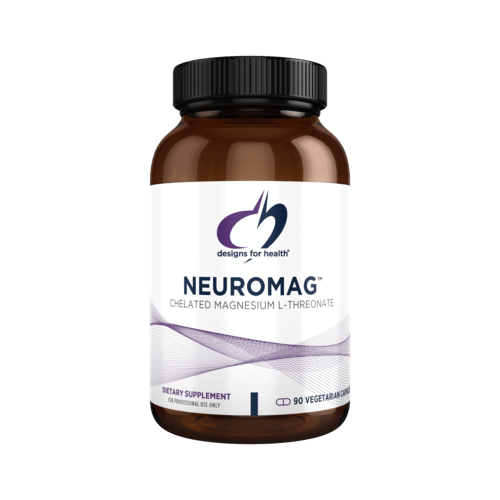Have you heard of zeitgebers before? If not, you should learn about it because it’s intrinsically linked to your health, performance, and recovery.
I’m sure you know that eating right, staying hydrated, and nutritional supplementation is vital for performance and recovery. But did you know that your internal body clock also plays a fundamental role?
I’ll explain why in this article, the first in a series about recovery, and provide tips on what you can do to help your body help itself.
Tick Tock: The importance of your body clock
Practically every living thing on earth has an internal body clock linked to a circadian rhythm.
So what exactly is a circadian rhythm, and why should you care?
Circadian rhythms are changes in your body that are synchronized to the earth’s 24-hour cycle of light and darkness. For example, you generally sleep at night and are awake during the day, thanks to your circadian rhythm.
Your body has a master body clock in the brain called the Suprachiasmatic Nucleus (SCN) that responds to light and dark signals. Exposure to light through your eyes sends signals to the SCN to raise your body temperature and produce hormones like cortisol so that your body knows it’s time to be awake. When it gets dark, the SCN signals the release of the sleep hormone melatonin as a cue that it’s time to sleep.
Along with sleep, your circadian rhythm is also involved in several biological functions, such as wound healing, hormone production, appetite, and body temperature.
Meet the Zeitgebers
You may have never heard of zeitgebers, but they affect your circadian rhythm. And how your body reacts depends a lot on this. Zeitgebers, German for “time-givers” are events and cues that tell your body what time it is relative to the 24-hour light/dark cycle.
While light is by far the biggest zeitgeber that affects your circadian rhythm, there are also other external and environmental zeitgebers like temperature and noise, social intervention, exercise, and time of meals. The result of all the zeitgebers is that you feel sleepier or more alert.
So what do circadian rhythms and zeitgebers have to do with recovery?
Well, your circadian rhythm affects your sleep/wake cycle, and zeitgebers affect your circadian rhythm. And one of the most important ways to help your body recover is sleep.
The importance of sleep for recovery
You can train, eat well, take supplements, and gain some results with each charge you make. But if your sleep is not good and you don’t address this area, you’ll have limited results. Sleep gives your body time to recover, conserve energy, and repair.
When you get enough quality sleep, your body releases hormones that help repair and build muscles and other tissues in your body. Too little sleep, particularly REM sleep, can slow recovery. Additionally, it raises the risk of health problems, among them hypoglycemia, weight gain, mental health, Alzheimer’s disease, cancer, and heart disease.
About neurotransmitters
The neurotransmitters in your body also play a significant role in training, performance and regeneration. Neurotransmitters are biochemical compounds that transmit information from neuron to neuron through the synapse – The junction between neurons in the nervous system.
Of over 20 neurotransmitters, GABA (Gamma-Aminobutyric acid), Serotonin, Acetylcholine and Dopamine are the four that play a significant role in training, performance and regeneration. GABA and Serotonin are especially relevant for recovery.
GABA, the most prevalent inhibitory neurotransmitter in the central and peripheral nervous system, has a relaxing effect on muscles. Serotonin, also known as the “happiness hormone”, is essential for the regeneration of mental strength and energy. Serotonin also plays a significant role in managing overtraining, optimizing regeneration, and more profound, longer sleep.
I’ll dive deeper into the role of neurotransmitters and your health in another article. The important thing to remember is that everything is connected and inadequate levels can impair your body’s ability to repair and recover.
Tools for recovery
To set yourself up for optimal sleep and recovery time, you need healthy routines and consistency that support your natural body clock. Each change you make will take you one step closer to better health.
-
- Create the perfect sleep environment – keep your bedroom cool, dark, and quiet, and avoid artificial light, especially within a few hours of bedtime. And stick to a consistent sleep schedule where you go to sleep and wake up in the morning at the same time.
- Try to get as much natural light as possible, especially in the morning.
- Get physical activity during the day. Try not to exercise within a few hours of bedtime.
- Avoid caffeine, alcohol, and foods high in fat or sugar, especially within a few hours of bedtime.
Supplements can help you with sleep, energy, drive and performance, and support key neurotransmitters that play a significant role in training, performance and regeneration. To promote sleep and healthy GABA and serotonin levels, two products I highly recommend are

Read more:
Disclaimer
Always speak with your physician or other healthcare professionals before making any nutritional & lifestyle changes or before taking any nutritional supplement. For more information, please view our terms & conditions.
References
-
- https://www.ncbi.nlm.nih.gov/pmc/articles/PMC4689288/
- https://www.ncbi.nlm.nih.gov/pmc/articles/PMC2849779/
- http://www.nigms.nih.gov/Education/Pages/Factsheet_CircadianRhythms.aspx
- https://chriskresser.com/why-we-need-sleep-with-dr-matthew-walker/
- https://www.dreams.co.uk/sleep-matters-club/sleep-to-recover-from-minor-muscle-injury-2/
- https://www.nigms.nih.gov/Education/Pages/Factsheet_CircadianRhythms.aspx
Consultations
If you would like to book a Consultation with Roan or explore the possibility of starting our online training programme, please head to our Consultations page for more info on how to do this.




